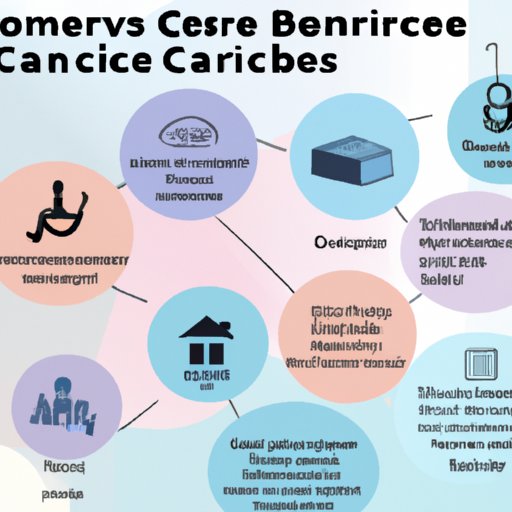Introduction
Home care services offer an invaluable service to elderly, chronically ill, and disabled individuals who wish to remain in their homes. These services provide medical care, personal care, and companionship to help individuals maintain independence and quality of life. Starting a home care services business requires research into available services, target market needs, and licensing requirements. This article will provide an overview of the benefits of home care services, types of services available, target markets for home care services, business plans for starting home care services, and licensing and certification requirements.

Overview of the Benefits of Home Care Services
Home care services provide a range of support services that enable individuals to remain in their homes. These services can include medical care, such as administering medications and monitoring vital signs; personal care, such as bathing, dressing, and grooming; and companionship, such as helping with activities of daily living or providing social interaction. Home care services promote independence, improve quality of life, and provide peace of mind for both clients and caregivers. Additionally, home care services are often more cost-effective than placement in a nursing home or assisted living facility.
Types of Home Care Services Available
There are three primary types of home care services: medical care, personal care, and companionship. Medical care includes administering medications, monitoring vital signs, providing wound care, and assisting with rehabilitation exercises. Personal care includes bathing, dressing, and grooming, as well as providing assistance with activities of daily living, such as eating and using the restroom. Companionship includes providing social interaction and assistance with activities, such as shopping or running errands.

Target Market for Home Care Services
The target market for home care services is typically elderly, chronically ill, or disabled individuals who wish to remain in their homes. It is important to identify the demographics of the area in which the services will be provided. Consider the age and gender of the population, as well as any cultural or religious considerations. Additionally, assess the local need for home care services to determine the potential size of the target market.
Business Plan for Starting Home Care Services
Creating a business plan is an essential step in starting a home care services business. The business plan should include a mission statement, goals and objectives, a budget, and a marketing strategy. When developing a budget, consider start-up costs, ongoing expenses, and revenue sources. A marketing strategy should include methods for reaching potential clients, such as direct mail, advertising, and referrals from health care professionals. Additionally, consider developing relationships with local organizations, such as senior centers and assisted living facilities.

Obtaining Licensing and Certification to Provide Home Care Services
In order to provide home care services, it is necessary to obtain the appropriate licensing and certification. Research state requirements for licensure, including any applicable laws and regulations. Completion of a training program may also be required. Once the licensing requirements have been met, apply for licensure and keep abreast of any changes in laws and regulations. Additionally, it may be beneficial to become certified in specific areas, such as first aid or CPR.
Conclusion
Home care services provide invaluable support to elderly, chronically ill, and disabled individuals who wish to remain in their homes. Starting a home care services business requires research into available services, target market needs, and licensing requirements. Developing a business plan, obtaining licensure, and completing training programs are all essential steps in starting a home care services business. For more information, consult resources such as the National Association for Home Care and Hospice or the Department of Health and Human Services.
(Note: Is this article not meeting your expectations? Do you have knowledge or insights to share? Unlock new opportunities and expand your reach by joining our authors team. Click Registration to join us and share your expertise with our readers.)
